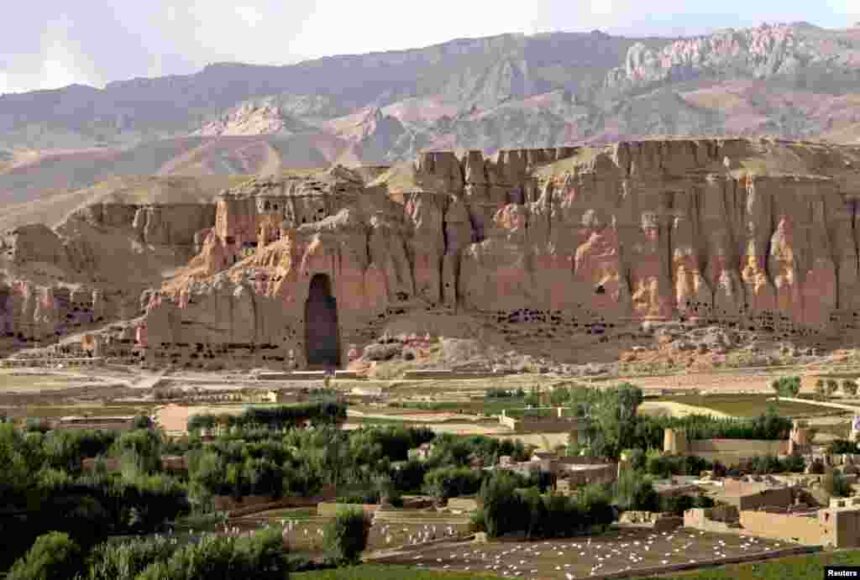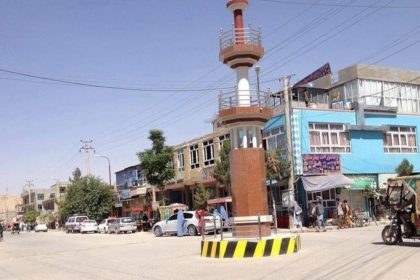RASC News Agency: Abdullah Sarhadi, the Taliban-appointed governor of Bamiyan, is not only deeply entrenched in corruption and extortion, preying on both the local population and humanitarian organizations, but is also systematically enforcing discriminatory policies against the province’s Tajik community. Local sources report that he has repeatedly torn up job applications submitted by Tajiks, deliberately obstructing their employment in government institutions. These blatant acts of ethnic discrimination have fueled widespread outrage among Bamiyan’s residents. Investigations reveal that Sarhadi has effectively barred Tajiks from holding government positions, depriving them of their fundamental right to employment in public offices. Eyewitnesses recount instances in which he openly shredded job applications submitted by Tajiks in a display of calculated humiliation, brazenly declaring that the Taliban administration has no place for them. Instead, he has filled all government posts with loyalists and Taliban-approved individuals. Reports indicate that dozens of Tajik employees have already been dismissed from government institutions in Bamiyan or forcibly transferred to remote provinces in a coordinated effort to marginalize them.
Beyond his discriminatory practices, Sarhadi, alongside his brother Mohammad Khan Ghazi, stands accused of orchestrating extensive corruption and extortion networks targeting both local communities and international organizations. Reliable sources reveal that despite holding no official position, Ghazi, with the governor’s full backing, systematically extorts money from international aid agencies and local businesses. Humanitarian organizations, under duress, are reportedly forced to surrender between 15% to 20% of their budgets to him failure to comply results in the immediate suspension of their operations. Local sources further assert that no development project in Bamiyan proceeds without a predetermined financial kickback to Sarhadi and his brother. In addition to monopolizing humanitarian aid efforts, the duo has allegedly entrenched themselves in the illicit buying and selling of both public and private lands, exacerbating economic despair in the province.
The people of Bamiyan particularly the Tajik community have grown increasingly resentful of the unchecked discrimination, corruption, and authoritarian rule imposed by Sarhadi. Prominent community leaders have issued stark warnings, cautioning that continued repression could ignite large-scale public protests. Once a beacon of peaceful coexistence, Bamiyan has now devolved into a stronghold of ethnic persecution, institutionalized corruption, and systemic injustice. As Sarhadi’s policies continue to facilitate the systematic exclusion of Tajiks and the plundering of Bamiyan’s resources, uncertainty looms over the province’s future. The pressing question remains: Will the people remain passive in the face of this deepening tyranny, or is an uprising on the horizon?






